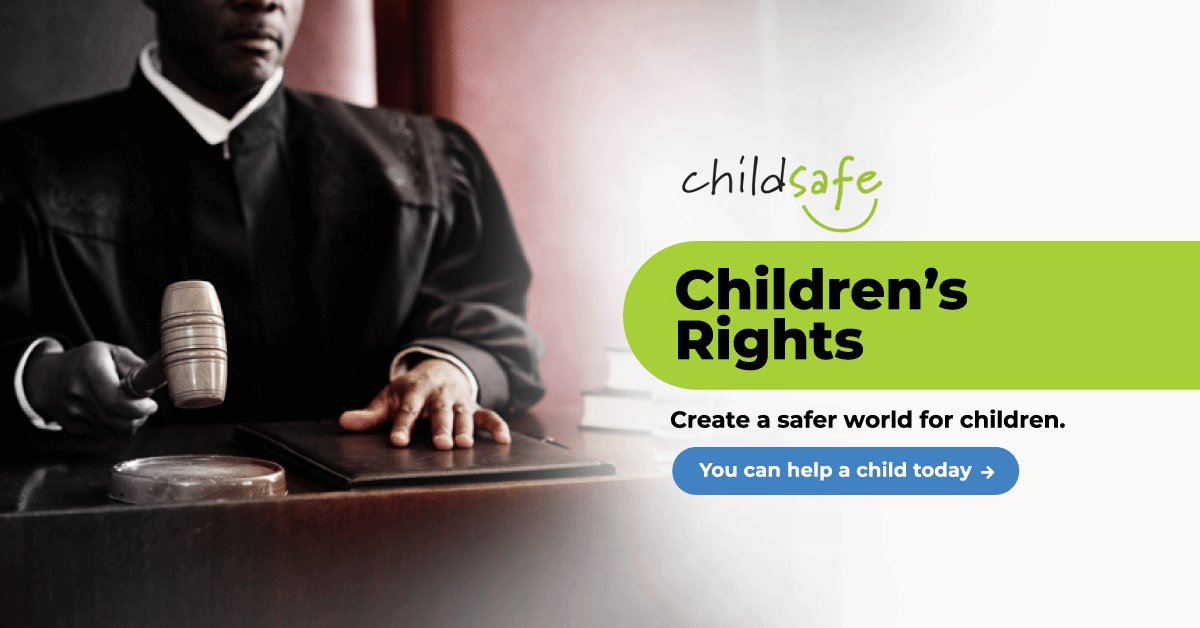
What you may not know about Children’s Rights
1. Constitutional and Legal Protections
Child Protection Week serves as a crucial reminder of our collective responsibility to safeguard the well-being of children. South Africa’s Constitution (Act 108 of 1996) and the Children’s Act (Act 38 of 2005) provide the legal foundation for children’s rights. Section 28 of the Constitution outlines provisions related to healthcare, nutrition, shelter, basic education, and protection from maltreatment, neglect, abuse, or degradation. During this week, let’s recommit to upholding these rights.
2. Consent to Medical Treatment and Surgical Procedures
The Children’s Act grants children aged 12 years and older the authority to consent to their medical treatment, including surgical procedures, without parental consent if they demonstrate adequate maturity to comprehend the implications. This provision aligns with the concept of a child’s evolving capacity, empowering them to participate in decisions about their healthcare when capable. By fostering this autonomy, these legal provisions not only ensure timely healthcare access but also nurture a sense of empowerment and agency among children, setting a robust foundation for their sexual reproductive health and rights.
3. Access to Contraceptives
To ensure children access essential reproductive health services while upholding their confidentiality and right to make informed sexual health decisions, the Act outlines the following provisions:
Prohibition of denying children access to condoms if they are over 12 years or selling condoms to children over 12 when available free.
Provision of other contraceptives beyond condoms upon a child’s request without parental consent if the child is at least 12, receives suitable medical advice, and undergoes a medical examination to ascertain no medical constraints against the contraceptive provided.
Children accessing contraceptives or advice under this Act are entitled to confidentiality.
4. Consent to HIV Testing, Treatment, and Disclosure
Empowering children in their healthcare decisions, the Children’s Act allows:
Children aged 12 and older to consent to an HIV test if they show sufficient maturity or, if under 12, understand the implications.
Children of suitable maturity to consent to the disclosure of their HIV-positive status.
These measures aim to create a safer and empowering environment for South African children, respecting their autonomy and rights.
5. Violence, Abuse and Sexual Assault
In cases of gender-based violence (GBV) and sexual assault, South Africa has specific protocols in place. Survivors must seek care at district hospitals, and only officials from the SAPS Family Violence and Sexual Offences Unit are authorised to take statements, which should be done at a district healthcare facility. Immediate arrest is mandated if the perpetrator is known, emphasising the seriousness of these crimes.
6. Compassionate Curiosity and Collective Effort
We encourage “compassionate curiosity” when engaging with children. As we observe sudden changes in behaviour, let’s approach children with empathy and understanding. Remember, it takes a village to raise a child. Parents, caregivers, educators, healthcare professionals, and community members all play vital roles in creating safe environments for our children.
7. Failure to report abuse is a criminal offence
Parents and Caregivers bear a moral responsibility to protect children. However, professionals such as doctors, police officers, teachers, and school principals are explicitly outlined in the act. They are legally obligated to report any instances of abuse or neglect. Failure to do so constitutes a criminal offense.
Experts share insights on Children’s Rights and Child Protection – Watch the podcast episodes, share in your networks or consider supporting the cause with secure online donation.


